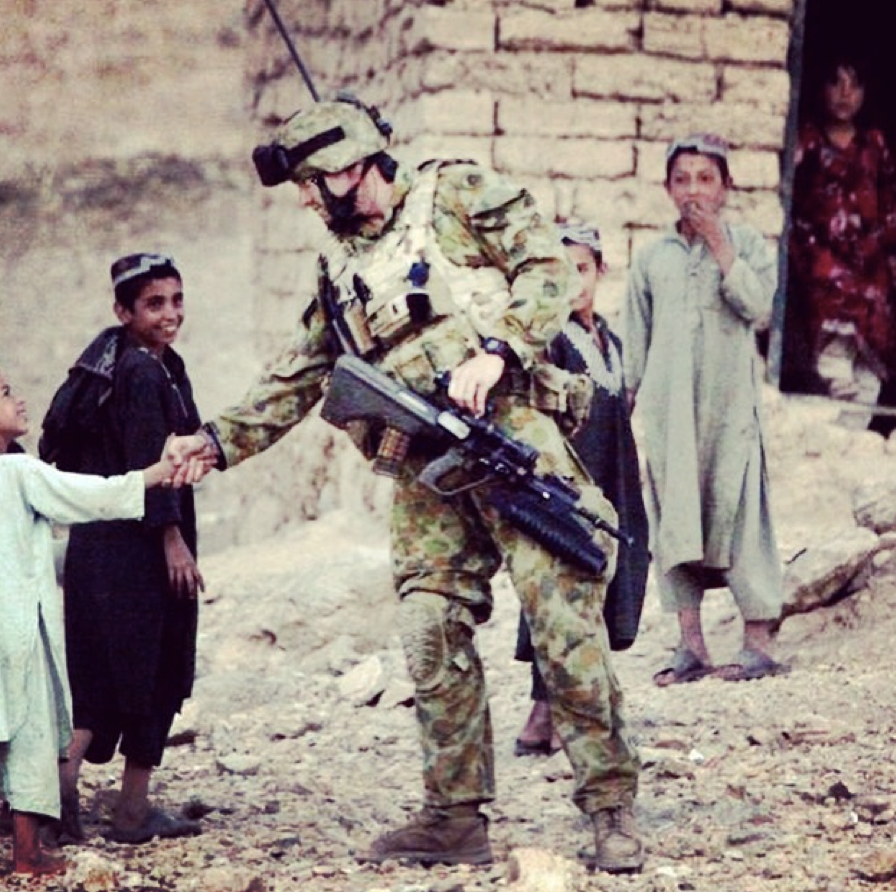The frequently asked leadership question, ‘Are great leaders born or created?’ consistently creates vigorous, robust discussion. So what is the answer? Warren Bennis believes that leaders are made:
The most dangerous leadership myth is that leaders are born-that there is a genetic factor to leadership. That’s nonsense; in fact, the opposite is true. Leaders are made rather than born. —Warren Bennis
What ever your answer might be, the key tenant that must be understood is that a great leader is one able to influence superiors and subordinates. Fundamental to all other key skills required to achieve true influence is the proficient use of written and verbal communication. Without a doubt, effective communication is the means by which information is exchanged; ideas can be formed into ‘visions’; and leaders encourage, motivate and direct followers.
Other tenants and characteristics of leadership, such as charisma, honesty, loyalty, and knowledge, are values which must be effectively communicated, thus enabling leaders to successfully influence the chosen audience. An honest and loyal leader who says nothing, most likely achieves nothing: good communication is key.
‘The key to successful leadership today is influence, not authority.’ — Kenneth Blanchard
Another key skill is the ability to understand the group dynamic. This is of particular importance when deciding how to shape thoughts and actions in order to achieve a common goal. Influencing and re-shaping a group is achieved through identifying: what motivates and inspires a team or group; how to boost the self-esteem of individual team-members; mentoring those who desire guidance; and promoting empowerment. To support these aims, a good leader will be swift to reward and slow to punish when building the team.
Understanding when to push a point is another key skill for leaders to master. They must be able to approach disagreements and/or conflict with superiors with consideration and emotionless articulation of the facts; even better, based on experience, knowledge and policy. Incessantly opposing decisions will be viewed as unhelpful and obstructionist. It is extremely important and healthy for any organisation to have frank, robust, honest and open conversations about matters of importance. Learning the right time and the right issue to dispute will see you being more successful at influencing thought and action, more often.
‘Change means movement. Movement means friction. Only in the frictionless vacuum of a nonexistent abstract world can movement or change occur without that abrasive friction of conflict.’ — Saul Alinsky
An area of leadership slowly diminishing is the art of mentoring. This fading talent is essential in growing an educated, considered and balanced future leader. Taking the time to educate and develop upcoming leaders is time well invested and ensures the future of quality leadership. Make opportunities to gather your leadership group together and have frank and honest discussions about the direction and difficulties facing your unit (small team). This will create a sense of ownership of the issues discussed and provide forums where potential fixes can be raised to solve (potential) problems.
Without a doubt, there are many factors that contribute to good leadership, and good leadership is galvanised through experience, knowledge, education, mentoring and practice. To answer the original question, ‘are great leaders born or created?’ I personally believe it is both. One requires the intrinsic qualities and virtues, such as charisma, integrity and ambition, in order to artfully influence followers in the pursuit of a common cause or vision. However, just as essential are sound knowledge and skills–such as self-discipline, communicative excellence and planning–which are created through education, experience and mentoring. Regardless of whether one believes a leader is born or created, to become a good leader takes time, hard work and practice. Furthermore, individual leadership skills are evolutionary; contextual and dynamic; thus there is no end point to the time, hard work, and practice a leader must dedicate.
Allow people to make mistakes, you learn more from failure than success, similarly as you do from a poor leaders versus good ones. Constantly disapproving of standards achieved will only give soldiers a sense of hopelessness and a belief that they will never be able to achieve the standard. In consequence, soldiers will stop trying. When building a team, be swift to reward and slow to punish. This statement does not mean discipline infractions go unpunished, just be considered and balanced in your approach.
‘My mistakes have been my greatest mentors’ —Steve Maraboli
A great leader needs to be bold and have a bias for action and make a positive difference.
Be bold, make a positive difference.
About the Author: Jason Moriarty is Regimental Sergeant Major of 12th/16th Hunter River Lancers in NSW.

